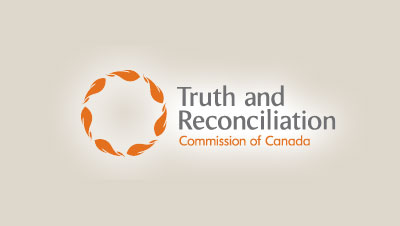 On December 15th, the Canadian Truth and Reconciliation Commission issued its final report. It documents the treatment of indigenous children in Canadian residential schools over the course of more than twelve decades. More 150,000 youth were sent to the schools. The report estimates that more than 3,200 never came home. In June, Beverly McLachlin, chair of the TRC commission, labelled the residential schools cultural genocide.
On December 15th, the Canadian Truth and Reconciliation Commission issued its final report. It documents the treatment of indigenous children in Canadian residential schools over the course of more than twelve decades. More 150,000 youth were sent to the schools. The report estimates that more than 3,200 never came home. In June, Beverly McLachlin, chair of the TRC commission, labelled the residential schools cultural genocide.
To many, the report and its finding are an astounding admission to the culpable role the Canadian government played in the destruction of several generations of indigenous culture. The release of the report raises an interesting question: can this be a positive sign of Canada coming to grips with its troubling past?

 The Twitter account
The Twitter account  Pertinent to contemporary demands for reparations from Turkey is the relationship between law and property in connection with the Armenian Genocide. This book examines the confiscation of Armenian properties during the genocide and subsequent attempts to retain seized Armenian wealth. Through the close analysis of laws and treaties, it reveals that decrees issued during the genocide constitute central pillars of the Turkish system of property rights, retaining their legal validity, and although Turkey has acceded through international agreements to return Armenian properties, it continues to refuse to do so. The book demonstrates that genocides do not depend on the abolition of the legal system and elimination of rights, but that, on the contrary, the perpetrators of genocide manipulate the legal system to facilitate their plans.
Pertinent to contemporary demands for reparations from Turkey is the relationship between law and property in connection with the Armenian Genocide. This book examines the confiscation of Armenian properties during the genocide and subsequent attempts to retain seized Armenian wealth. Through the close analysis of laws and treaties, it reveals that decrees issued during the genocide constitute central pillars of the Turkish system of property rights, retaining their legal validity, and although Turkey has acceded through international agreements to return Armenian properties, it continues to refuse to do so. The book demonstrates that genocides do not depend on the abolition of the legal system and elimination of rights, but that, on the contrary, the perpetrators of genocide manipulate the legal system to facilitate their plans.